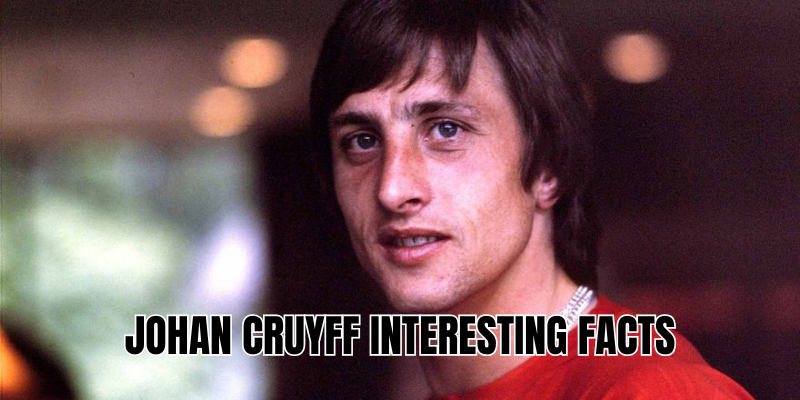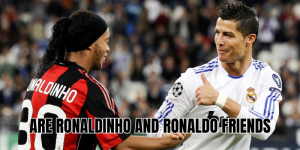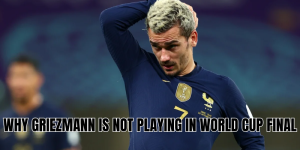AnaGoal will guide you through Johan Cruyff interesting facts—some famous, some lesser-known—that bring to light the real man behind the myth. Get ready for anecdotes, stats, and quirks that reveal why Cruyff was more than just a genius on the field.
Early Life And Origins That Shaped A Legend
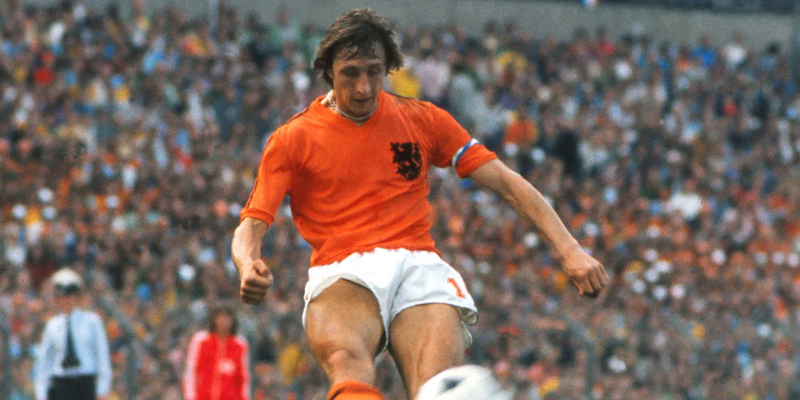
Johan Cruyff was born Hendrik Johannes Cruijff on 25 April 1947 in Amsterdam. He grew up in a working-class neighborhood just minutes away from Ajax’s home ground—a proximity that fueled his connection with the club, a loss that profoundly impacted his mindset: he later admitted he felt haunted by the fear of dying young.
At age 10, Cruyff joined Ajax’s youth academy, though early on he preferred playing baseball to football. It was only after a push from coaches that he committed fully to football—a decision the world would one day be grateful for.
Club Career Highlights And Surprising Turns
The Ajax Era: Dominance And Innovation
Cruyff broke into Ajax’s first team in 1964 at age 17. Over his first spell (1964–1973), he won eight Eredivisie titles and three consecutive European Cups in 1971, 1972, and 1973. In that period, his goal contributions were staggering: in total, he scored roughly 193 goals in 245 league games for Ajax (some sources aggregate more matches) during his first spell.
One of the most iconic moments came in the 1972 European Cup final, when he scored both goals in a 2–0 win over Inter Milan—an instant classic that symbolized the death of rigid defensive styles like catenaccio.
The Barça Chapter: Rebel, Icon, Architect
In 1973, Cruyff moved to Barcelona in what was then a world-record transfer fee. He immediately won La Liga in his first season, helping Barça claim their first league title since 1960. In a remarkable show of bravado, he scored a sensational goal against Atlético Madrid: leaping, twisting mid-air, he struck the ball with his heel past Miguel Reina, a moment forever etched in Barça folklore.
He also developed deep ties to Catalonia: when naming his son, he chose “Jordi” (Catalan for George) instead of a Dutch name, endearing him to fans. During his time at Barcelona, he also played two exhibition matches for Paris Saint-Germain in a friendly tournament, motivated partly by his relationship with PSG club president Daniel Hechter.
However, not all of Cruyff’s stints were smooth. After a period in the United States, he had a brief spell at Spanish Segunda División side Levante on loan, where injuries and internal conflicts limited his impact.
The U.S. Adventure: Reinvention And Reflection
In 1979, facing financial difficulties due to a failed pig-farming venture and other poor investments, Cruyff ventured to the NASL. He signed with the Los Angeles Aztecs, where he contributed immediately and was even voted NASL Player of the Year by some accounts. Later he joined the Washington Diplomats in 1980–81 and had a short loan at Levante mid-1981 before returning to Ajax.
Playing abroad allowed him time for reflection—and it’s said he used that period to reshape his thinking as a coach, laying seeds for what he would later implement tactically.
International Career And Personal Decisions
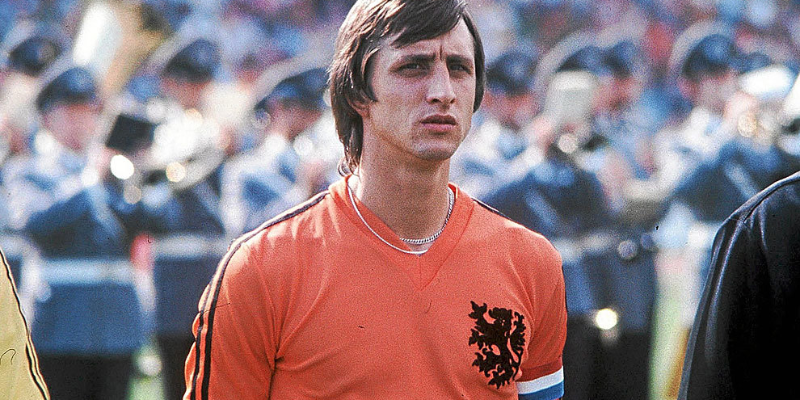
Cruyff earned 48 caps for the Netherlands and scored 33 goals—an impressive tally given that he retired, the Dutch side never lost a match in which Cruyff scored.
At the 1974 World Cup, Cruyff led the Netherlands to the final and was awarded the Golden Ball as the tournament’s best player. He recorded three goals and three assists in the competition, dazzling the world with his mastery of space, movement, and vision. Yet, he refused to play in the 1978 edition even though the Netherlands had qualified. The reason? An attempted kidnapping of him and his family in Barcelona. That traumatic event made him withdraw entirely, prioritizing his family’s safety.
Another quirk: in 1966, in only his second international match, Cruyff became the first Dutch international to receive a red card. The KNVB (Dutch FA) banned him.
Tactical Vision, Philosophy, And Enduring Legacy
Cruyff is inseparable from the concept of Total Football—a tactical philosophy where any player can interchange positions, and spatial awareness is king. He inherited much of this.
As manager (especially during his Barcelona tenure from 1988 to 1996), he refined a possession-based style with short passing, movement, and high pressing—elements often considered precursors to the tiki-taka era. He famously deployed Pep Guardiola in a dee.
His influence also lives on in institutions and symbols:
- The Cruyff Turn (or Cruijff turn), a signature dribbling move he popularized in the 1974 World Cup, remains a staple in football academies.
- The Johan Cruyff Shield (Dutch Super Cup) and the Johan Cruyff Award / Cruyff Trophy (for Dutch young talent) bear his name.
- In 2010, an asteroid was christened 14282 Cruijff, cementing his name even beyond Earth.
- He founded the Johan Cruyff Foundation, which by now has helped establish hundreds of small “Cruyff Courts” for grassroots football around the world.
Surprising And Personal Facts
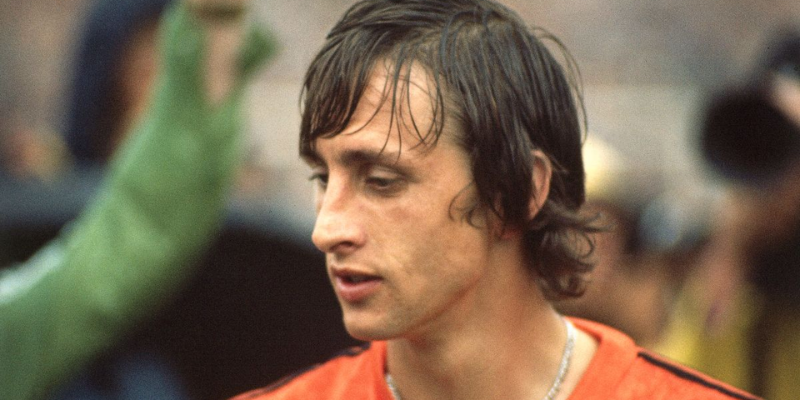
- Smoking and health campaign: Cruyff was a heavy smoker (about 20 cigarettes a day) until he underwent double bypass surgery in 1991. He quit immediately and later appeared in an anti-smoking campaign, demonstrating keepy-uppies with cigarettes.
- Only one own goal: Despite a long career, Cruyff scored just one own goal (against FC Amsterdam in 1972).
- Unconventional jersey choice: In national play, he insisted on wearing only two black stripes on his shirt sleeves rather than the standard three from Adidas (he had a separate deal with Puma).
- Philosophical mind: He often made blunt statements. For example, he criticized the Spanish tradition of making the sign of the cross before a match, remarking that if that worked, “every game would be a tie.”
- Legal battles: In 2003 he filed a lawsuit over a photo-based book titled Johan Cruyff de Ajacied, claiming violation of his portrait rights, though the court ruled against him.
- Tributes after death: When he passed in March 2016 after lung cancer complications, matches in the Netherlands paused at the 14th minute (his shirt number) for applause. In Barcelona, the club organized a mosaic in the stands reading “Gràcies Johan.”
- Street namings: As recently as 2025, towns in Catalonia inaugurated new streets named after him, a testament to his cultural as well as sporting legacy.
- Asteroid namesake: The asteroid 14282 Cruijff orbits in the asteroid belt, named officially in 2010.
- Multi-lingual identity: Though Dutch, Cruyff developed strong emotional and linguistic bonds with Catalonia. His son’s Catalan name and his residence in Barcelona emphasized that connection.
- Philanthropic passion: The Johan Cruyff Foundation has made a real impact: thousands of children now play on custom courts in over 20 countries thanks to his vision.
Conclusion
Johan Cruyff interesting facts are not just trivia—each one reflects a facet of a man who was football’s poet, philosopher, rebel, and builder.
If you want to dive deeper into Cruyff’s tactics, his managerial years, or how his legacy shaped modern stars like Guardiola and Xavi, AnaGoal is ready to guide you. Don’t stop here—explore, analyze, and revisit the legacy of the man who transformed the beautiful game.
